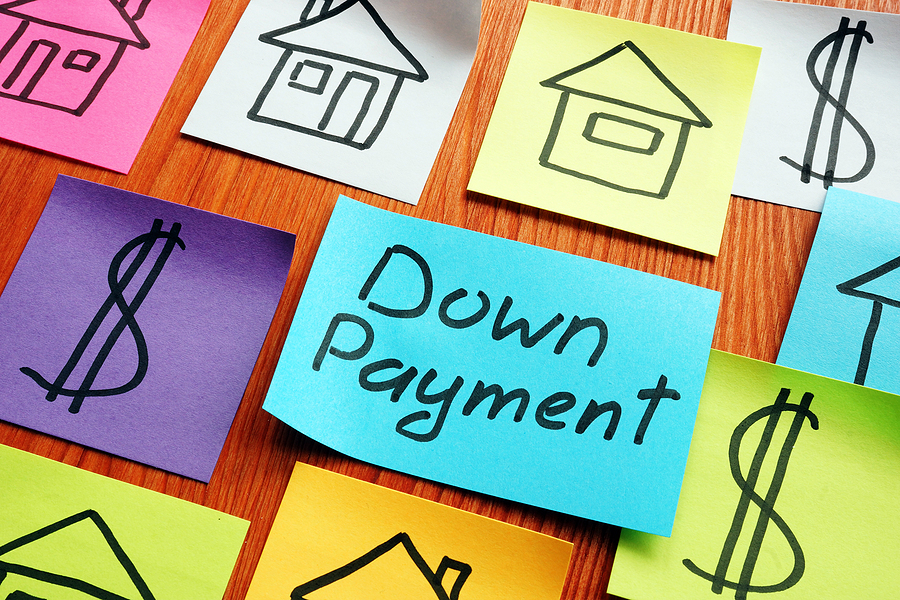Buying a house is one of the biggest purchases of your life. While it’s sure to be exciting, it’s likely to scare you on many fronts, too.
As a homebuyer, deciding how much of a down payment to make is easier said than done.
You’ll receive a lot of advice from a lot of people, but only you can decide what’s right for you and your finances.
Here are some questions you can answer to help you move in the right direction:
1. How much money can you comfortably afford to put down on your home?
This is the first question you need to answer. Until you know how much money is available for a down payment, you won’t be able to work through your options.
If you’re not comfortable with how much money you have, there’s nothing wrong with putting off your purchase for the meantime.
2. Do you really have to put down 20 percent of the purchase price?
Many people will tell you that you have to put down 20 percent of the purchase price. So, if you’re buying a $100,000 home, your down payment should be $20,000 or more.
While this is a good idea for many reasons—including the fact that it allows you to avoid private mortgage insurance (PMI)—it’s not always feasible.
If you can comfortably put down 20 percent, go for it. But if you can’t, there’s nothing wrong with considering a lesser amount.
3. Does your lender have any down payment requirements?
This is something to discuss with each lender you’re considering. If that sounds like a lot of work, consult with a mortgage broker who can complete a search on your behalf.
In most cases, if you have a down payment of 20 percent, you don’t have anything to worry about. It’s when you’re trying to buy a home with zero money down—or slightly more—that issues can come to light.
4. What impact does a down payment have on your mortgage and future?
The two biggest impacts of a down payment on your mortgage and financial future are:
- A lower monthly payment: the more money you put down, the less money you’ll pay every month.
- Long-term savings: the less you borrow, the less you’ll pay over the term of your mortgage. Adding to this, you’ll save thousands of dollars on interest.
Work through several scenarios before applying for a mortgage. This will allow you to understand the impact of the value of your down payment.
Final Thoughts
There are a variety of factors that go into calculating your down payment. By answering the questions above, you’ll find yourself in better position to make an informed and confident decision.
Do you have any experience buying a home? How much money did you put down? Were you happy with your decision?


Related Posts :